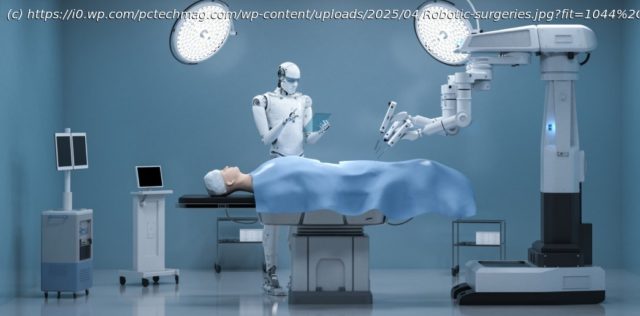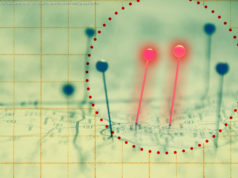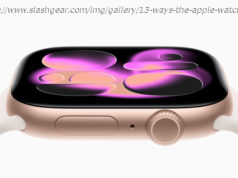The AI in healthcare industry is undergoing a revolution because of artificial intelligence at an unprecedented level of speed and precision.
AI in healthcare shows exceptional potential for development in the upcoming years. Integrating this technology into healthcare practice enables the development of improved patient care.
The AI in the healthcare industry is undergoing a revolution because of artificial intelligence at an unprecedented level of speed and precision. Current healthcare applications enable AI to deliver research capabilities that surpass all expectations in medical diagnosis and pharmaceutical discoveries. Through machine learning, natural language processing, and robotics, healthcare professionals have better capabilities for accurate medical diagnoses, individualized therapy, and enhanced patient services. AI’s influence on healthcare is analyzed within this article, along with the key innovations that push it forward and future forecasts.
The utilization of machine learning algorithms and software as part of medical data analysis makes up what we call AI in healthcare. These technologies support medical diagnoses, patient monitoring functions, tailored treatment methods, and improved operational efficiency. The ability of AI to learn and adapt sets it apart from conventional systems, which makes it efficient for processing large health data and constitutes a valuable healthcare instrument.
AI applications in healthcare include:
Predictive analytics for disease prevention.
Medical imaging analysis.
Robotic surgeries.
Virtual health assistants.
Electronic health record (EHR) management. The healthcare industry relies on several essential advances in AI technology for its operation
Medical imaging and diagnostics
AI diagnostic accuracy gets a revolutionary boost through specific algorithms. The diagnostic capabilities of Google DeepMind, in combination with IBM Watson Health, enable these systems to examine X-rays, MRIs, and CT scans and detect abnormalities accurately. The Journal of the American Medical Association (JAMA) reports that AI diagnostic systems achieve equal or superior outcomes to radiologists during the identification of breast cancer and diabetic retinopathy, and additional diseases.
Predictive analytics for early diagnosis
Machine learning technology in healthcare implementation produces predictive models that detect upcoming health dangers before visible symptoms appear. The combination of patient records along with genetic data, together with lifestyle information, enables AI software to predict the risk of diseases like heart disease or cancer, thus enabling early detection opportunities.
AI-powered robotics in surgery
Robotically assisted surgery under AI direction creates a new wave in contemporary medical interventions. The da Vinci Surgical System robot helps physicians deliver precise movements, which leads to decreased recovery duration while decreasing surgical complications.






